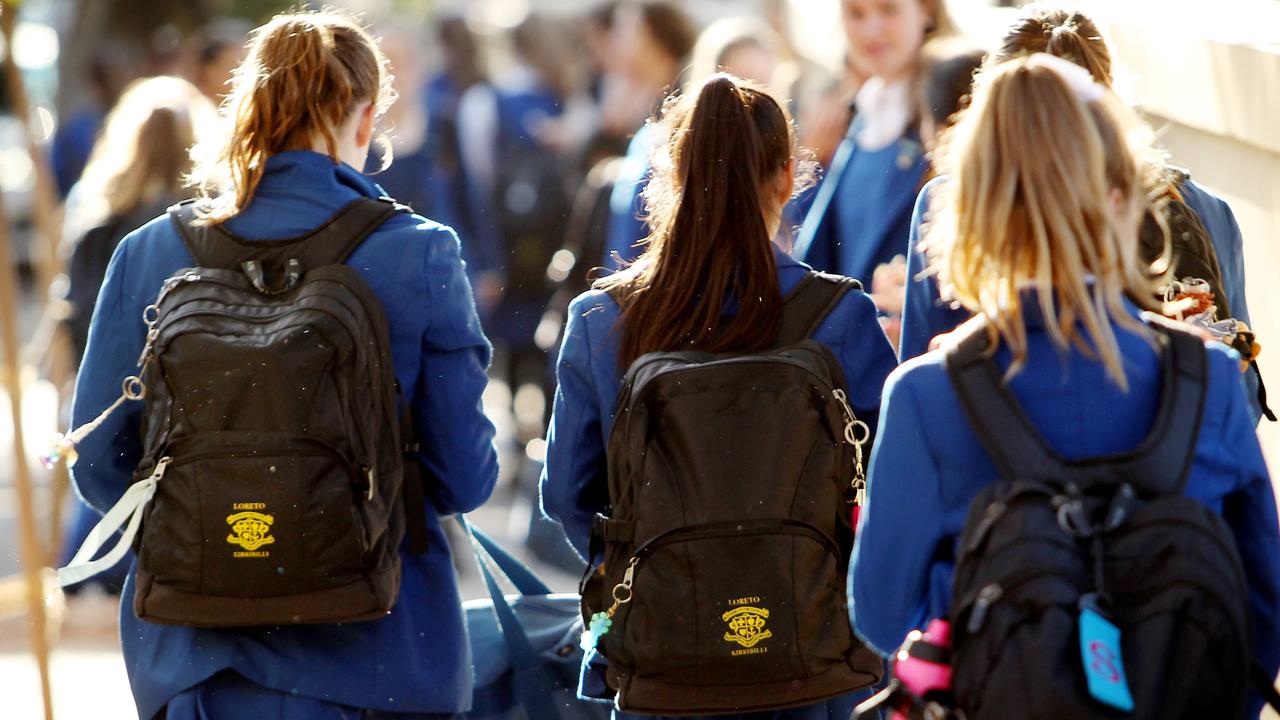One HSC subject has been identified as a clear marker of a private school education in Australia – and it might not be what you think.
NSW Department of Education and NSW Standards Authority data, compiled by Nine newspapers show Engineering Studies is dominated by boys who go to private and Catholic schools.
Girls from the public system make up just 1.7 per cent of the 9000 students enrolled in the course.
Overall, 82.5 per cent of students studying that subject are from private schools.
Private school students also dominate French, Science and History extension.
Japanese and Aboriginal studies, Investigating Science, Society and Culture and Dance are seen as the preserves of public school students.
Shocking findings
Head of the School of Civil Engineering at the University of Sydney Professor Stuart Khan acknowledged he was “shocked” by the findings.
”It reveals a serious problem, a systemic problem in the way we are preparing students for their careers and what they might do at university,” he told news.com.au.
“It matters because we have a major shortage of engineers in Australia.
“We are plugging the shortage through skilled migration, and that’s fine for a while, but we can’t use skilled migration to prop up major skills gaps forever.”
He noted the public education system as offering an opportunity to “increase the pipeline”.
University of Canberra education researcher Associate Professor Philip Roberts attributed the dominance of private school students in engineering studies to a range of factors including school resourcing and family background.
“Engineering (and other subjects such as sciences, high level maths) for so long have been studied by children of professional parents,” he said.
“Kids from backgrounds other than those ones are not exposed to it, they don’t see it in their environment, their friends and family don’t do that sort of work.”
President of the NSW Secondary Schools Principals’ Council Craig Petersen told news.com.au the teacher shortage was a major issue at play.
“Engineering studies is taught by technology and applied sciences teachers where there is a massive shortage across the state,” he said.
“Non government schools have the ability to offer incentives to get those teachers into those schools that we cannot match, even despite the recent pay rise,” he said.
Mr Peterson said girls traditionally have not chosen engineering and the “lack of role models” created a “self-fulfilling prophecy”.
Earlier this month Engineers Australia chief executive Romilly Madew told News Corp Australia’s infrastructure agenda was at risk due to a lack of engineering graduates.
“The nation’s ambitious infrastructure reform agenda has created significant demand for engineers and we must have a sustainable pipeline to make it happen,” she said.
Ms Madew labelled the pipeline as “shaky”.
She also warned that the federal government’s AUKUS ambition to acquire nuclear-powered submarines to beat back threats in the Indo-Pacific was at risk from the country’s failure to graduate enough engineers.
“A skilled workforce is essential for our defence capability,” she said.
Only 8.5 per cent of Australian university graduates have an engineering qualification, the sixth lowest proportion in the OECD tertiary rankings by field.
— with Duncan Evans, NCA Newswire
